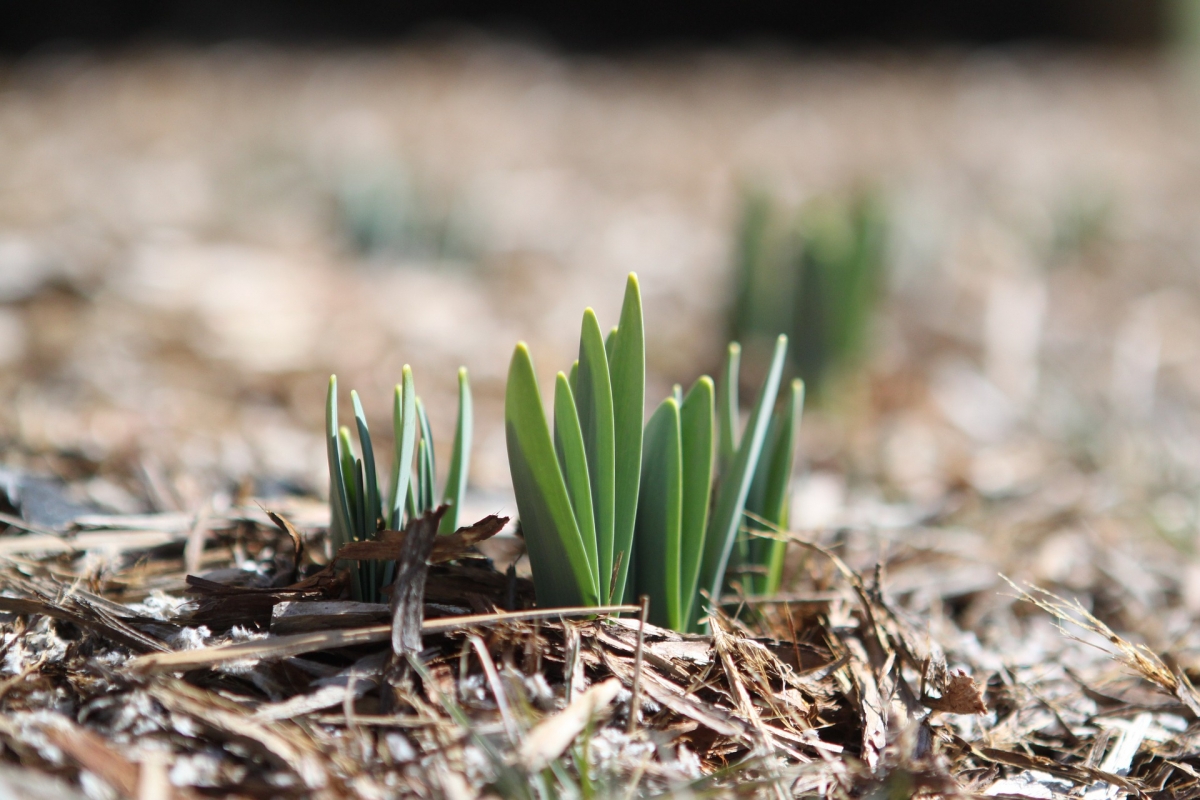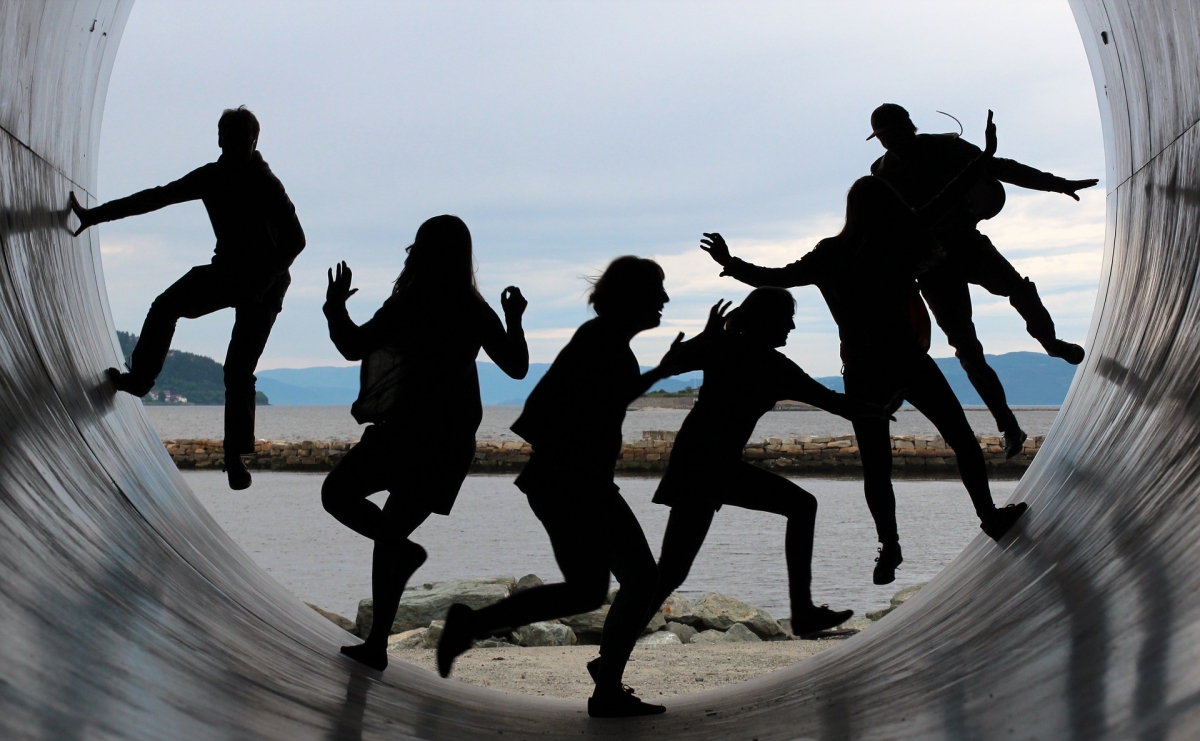The Inside Out Wisdom and Action Project, (IOWA Project), supports social change makers to integrate Jewish spiritual wisdom into their lives in order to bring their most grounded, visionary and creative selves to their leadership, making social justice activism a sustainable, transformative practice.
Transcript: I am so honored that you are taking time to join me for practice today. My name is Rabbi Lauren Tuchman and I am going to be offering a practice from Rav Moshe Cordevero in his book called Tomer Devorah which was written in Sfat in The Land of Israel, in Northern Israel in the 16th century.
This is a practice that can be done in several ways: it can be done as a meditation practice. It can also be done as an intention setting for when one is in a conflictual situation with someone dear to them.
I am going to first describe it as a meditation practice and then I will offer a more active way to do the practice as well. We are heirs to a rich tradition of Jewish meditative practice that we have had for as long as we have been on this earth. It is truly an honor to be living in a time in which these practices are being reclaimed by so many of our people. I am honored to be inviting you all into a practice with me.
The phrase that Rav Cordevero offers to us is simple yet powerful: I keep my goodness flowing to you. I keep my goodness flowing to you. If we are going to use this as a meditation practice or as we say it in Mussar as a focus phrase, one thing we might do is find an area where we can be calm and serene. We can turn inward, have a good posture. Maybe we are using a cushion, maybe a chair, maybe we are lying down but we are at ease, we are relaxed, we are settling our mind, we are anchoring either in our breath or in sound. And after we anchor ourselves a bit we then start to direct our mind towards the phrase: I keep my goodness flowing to you.
The object of that phrase, the person, the being to whom we direct it might be somebody in our lives that we are having a tense relationship with. It might be somebody who we have had a hard interaction with recently. Maybe it’s somebody that we want to maintain relationship with but are feeling unsure as how to do that but we know that we want to keep our goodness flowing and we want to stay in connection.
In a world in which we are so quick to write others off, in which we are so quick to forget the core teaching of out tradition that we are all creating in the image of God, Betselem Elokim, this is a radical way of reminding ourselves that we are interdependent beings, all of which have a spark of the divine within and that we can keep our goodness flowing even in tough times. We also must know what our own boundaries are, what our own are. What are the ways that we need to care for ourselves? This practice might not be appropriate for every person to do for every person. We need to know in our own lives who we want to keep our goodness flowing towards. It’s similar to Buddhist Loving Kindness meditation.
We take however long we have, maybe it’s two minutes, three minutes, five minutes for this practice and we offer this phrase repeatedly in our minds, in our souls, in our Nishamot. I keep my goodness flowing to you, I keep my goodness flowing to you, I keep my goodness flowing to you, I keep my goodness flowing to you.
We might also might manifest this practice in a more active way off the cushion as it were. If we are in an emotionally intense moment,if we have the ability in that moment and it’s not always easy to do this, I certainly know this from my own experience, to pause, to take a breath, to notice what’s happening inside, what are we sensing internally, what are we sensing externally. Maybe we take a pause from a conversation, maybe we take an anchoring breath and we offer this phrase of love and kindness: I keep my goodness flowing to you, I keep my goodness flowing to you, I keep my goodness flowing to you, I keep my goodness flowing to you. We are reminded that we all have a spark of the divine withiin us. We are all part of this larger whole. That we are all connected in some way, even in those moments when tension and disconnection feel particularly acute. We are reminded to return again and again to our focus phrase: I keep my goodness flowing to you, I keep my goodness flowing to you, I keep my goodness flowing to you.
I invite you to engage in some practice. Take the time to really allow this to sink in. Find what resonates with you in this, maybe you want to innovate on the phrase a little bit another alternative is I keep connected to you, perhaps that’s more resonant. Maybe some days this feels hard. That is ok. We do it in the way that we can every day. But we are reminded that when we change ourselves inwardly we can change so much externally by how we show up, how we love others and how we relate to others. May your practice bring you comfort and ease and well being in these very challenging times. Let it be so.
 Based in the Washington, D.C. area, Rabbi Lauren Tuchman is a sought after speaker, spiritual leader and educator. Ordained by The Jewish Theological Seminary in 2018, she has taught at numerous synagogues and other Jewish venues throughout North America and was named to the Jewish Week’s 36 under 36 for her innovative leadership concerning inclusion of Jews with disabilities in all aspects of Jewish life. In 2017, she delivered an ELI Talk entitled We All Were At Sinai: The Transformative Power of Inclusive Torah. She has trained and continues to teach with Rabbi David Jaffe and the Inside Out Wisdom and Action Project. She serves on the board of JOIN for Justice, which trains Jews in community organizing for social change.
Based in the Washington, D.C. area, Rabbi Lauren Tuchman is a sought after speaker, spiritual leader and educator. Ordained by The Jewish Theological Seminary in 2018, she has taught at numerous synagogues and other Jewish venues throughout North America and was named to the Jewish Week’s 36 under 36 for her innovative leadership concerning inclusion of Jews with disabilities in all aspects of Jewish life. In 2017, she delivered an ELI Talk entitled We All Were At Sinai: The Transformative Power of Inclusive Torah. She has trained and continues to teach with Rabbi David Jaffe and the Inside Out Wisdom and Action Project. She serves on the board of JOIN for Justice, which trains Jews in community organizing for social change.











